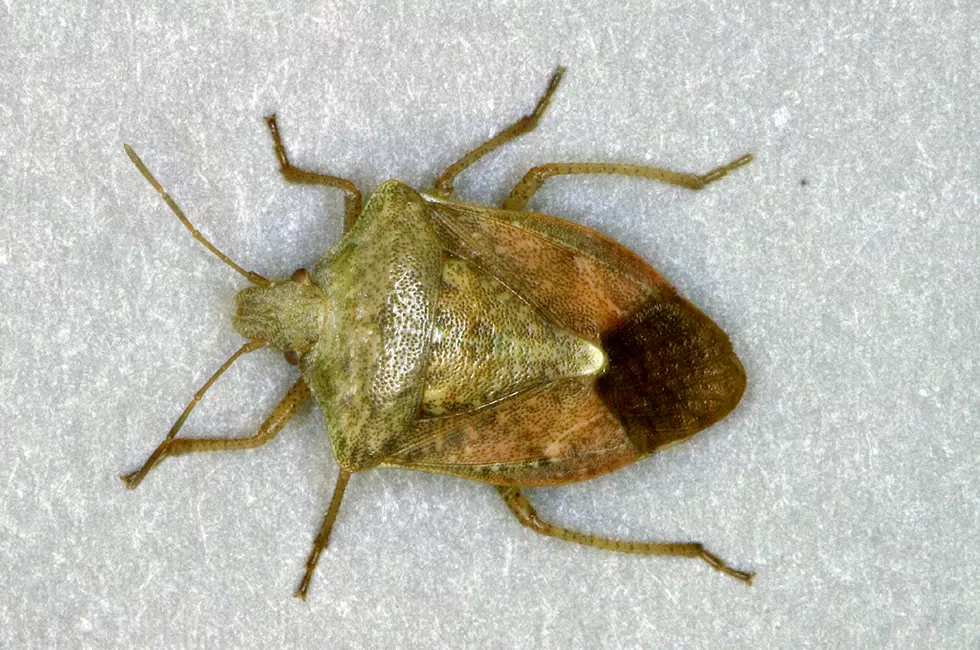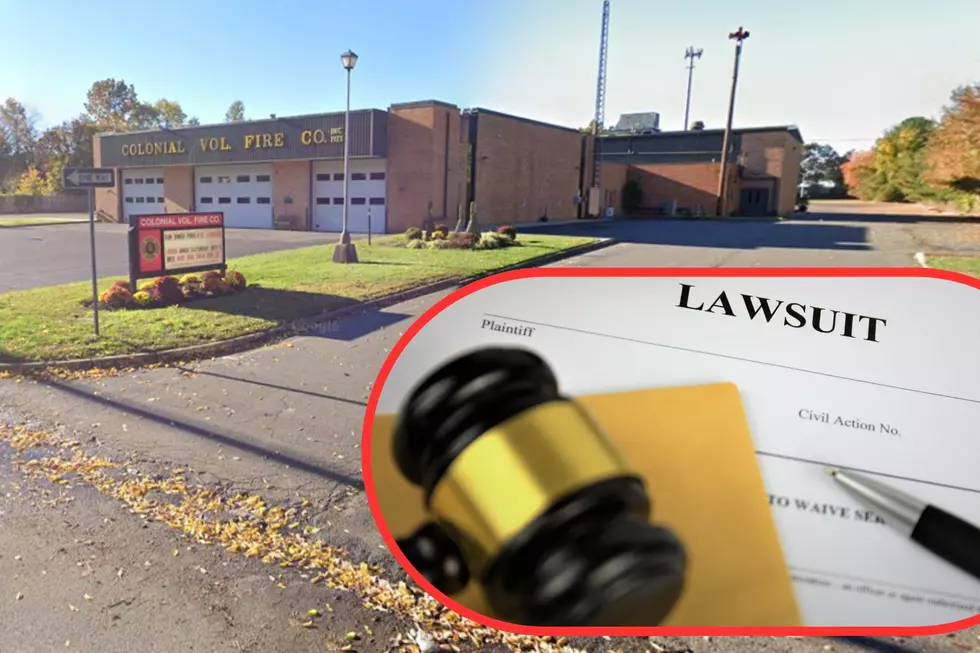
NJ stink bug home invasion is now underway
As the weather turns chilly a growing number of New Jersey residents are dealing with a rather stinky problem in their homes.
Stinky as in stink bug that is.
George Hamilton, a Rutgers University stink bug expert and cooperative extension specialist in pest management, said the bugs are showing up in people’s homes for a simple reason.
“When we start to get the cooler temperatures and we start to get below freezing, they look for heated structures or warmer structures to move into,” he said.
Why are they called stink bugs?
“They do put off an odor,” said Hamilton. “It’s a defensive chemical that they release when they feel threatened, to some people it smells like coriander, and other people think it’s a noxious smell.”
Hamilton noted he can’t smell stink bugs anymore because he’s handled so many of them.
He said once a stink bug gets in your house, it can move around quite a bit.
“They are actually very good flyers, they can fly up to 50 meters at a time.”
How are they getting in?
He said when a stink bug arrives at your house “they’re going to look for openings and cracks around windows and door jams and vents in the attic and soffits and whatnot to come inside.”
If you don’t want stink bugs in your house Hamilton said you probably don’t want to squash them because they will set off the stink, but getting rid of them is usually pretty easy.
“When they’re disturbed they fall straight down and so you can take a cup with soapy water in it and move it up towards them and they’ll actually fall right into it and the soapy water will kill them,” he said.
He noted if you just want to catch them and toss them outside “you could do the same thing with a cup and then put a lid on it and take it outside.”
They sometimes show up in groups
Hamilton said you will sometimes see a lone stink bug in your house but “in past years there have been people that, they’ve seen dozens of em, it probably varies depending on how many have invaded the house.’
He added stink bugs are not dangerous to humans but “they feed on a lot of different plants including things like peppers and tomatoes and peaches and apples and a lot of other things.”
David Matthau is a reporter for New Jersey 101.5. You can reach him at david.matthau@townsquaremedia.com
Click here to contact an editor about feedback or a correction for this story.
These NJ towns have the highest rates of sexually transmitted diseases
New Jersey's Most Terrifying Serial Killers
LOOK: Baby names that are illegal around the world
More From New Jersey 101.5 FM









